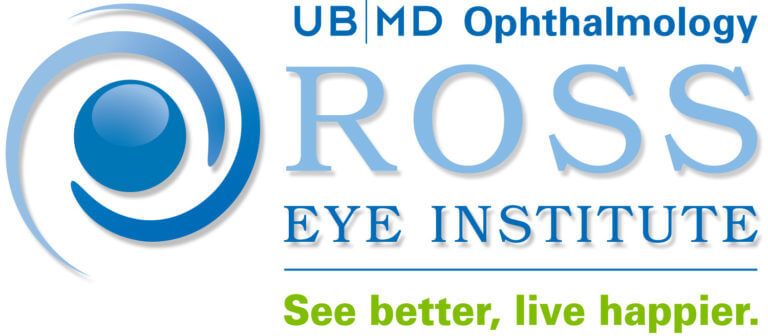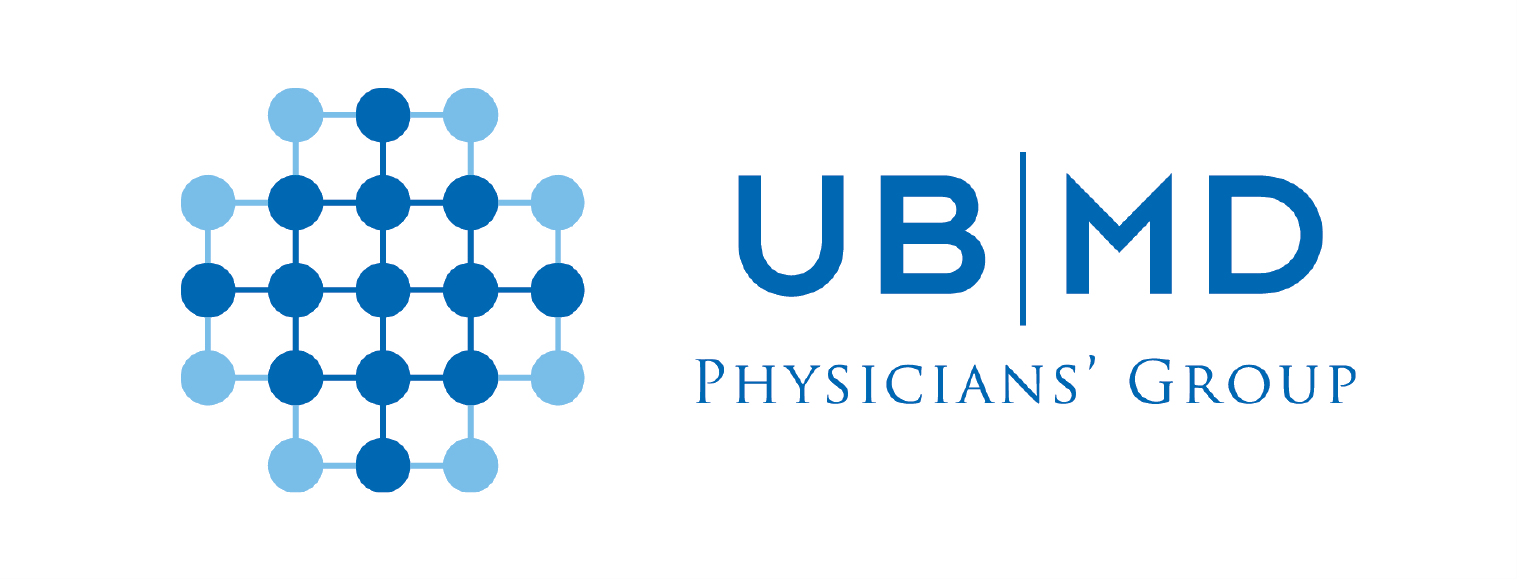ORTHOPTIC PROGRAM
- ROSS EYE INSTITUTE -
Employment
Orthoptics is both intellectually challenging and rewarding, and offers a variety of job opportunities and responsibilities. Orthoptists are employed in a variety of settings: teaching hospitals, university medical centers, children’s hospitals, and solo or multi-specialty ophthalmology practices. Some orthoptists work primarily in vision research, while others have supervisory roles in the ophthalmology office. Other orthoptists work as consultants, traveling to several sites to see patients, or function as professional advisors to community agencies concerned with vision.
There is a growing demand for orthoptists in the United States. Currently, there are more jobs available than there are orthoptists graduating from schools. Orthoptists enjoy financial compensation and benefits at the high end of that earned by other allied health professions.
For more information on Orthoptics, contact:
American Orthoptic Council
Attn: Leslie France, C.O.
3914 Nakoma Road
Madison, WI 53711
Email:
lwfrance@gmail.com
Phone:
(608) 233-5383
Fax: (608) 263-7694
www.orthoptics.org
Education Takes Precedence
A large part of the education in orthoptics consists of hands-on experience with patients. But the educational experience always takes priority over patient flow, as long as the dignity and respect for patients is maintained. Though our clinics are often busy, we usually have enough clinical support so that the orthoptic student will not be rushed through the exam, so as to learn as much as possible from each case.
Grooming Leaders of The Future
Whether you envision your future as a teacher, a researcher, an author, or a clinician, the REI program prepares you for wherever your career may take you. But all of our students are primed for leadership roles in the profession of orthoptics. When you choose this career, you choose to become a part of a small, but growing profession. Much of that growth is due to the efforts of certified orthoptists, supporting and promoting the field. In a small profession, every single individual is important to the future, and many graduates of our program have assumed prominent roles in the American Association of Certified Orthoptists and the American Orthoptic Council.
Faculty
Kyle Arnoldi, CO, COMT – Program Director
James D. Reynolds, MD – Medical Director
Andrew Reynolds, MD – Instructor
Curriculum
The study of orthoptics follows a logical sequence of courses vital to the understanding of the visual system, combined with hands-on supervised clinical practice. Didactic studies include anatomy and physiology of the eye, anatomy of the central and peripheral nervous system, physiology and kinematics of eye movement, principles of visual perception, basic ophthalmic exam techniques, pharmacology, ophthalmic optics, diagnostic testing, orthoptic treatment, systemic disease affecting the eye and principles of eye surgery. Though the majority of the internship is focused on pediatric ophthalmology, course work in adult neuro-ophthalmology, oculoplastics, external diseases of the eye and low vision are also presented. Students are required to design, complete and present a clinical research project. Students are also required to attend one regional or national AACO-sponsored scientific meeting per year.
Advanced Standing
Those individuals with education or experience in ophthalmology may be eligible for advanced standing status, provided they meet the other admission criteria. JCAHPO-certified ophthalmic medical personnel are required to have credentialing at the C.O.M.T. level in order to be eligible for advanced standing in this program.
Advanced standing students may complete an orthoptic program in less than the full 24 months, but no less than 12 months. Advanced standing is granted on an individual basis after a personal interview (mandatory), completion of a written placement exam, and pending approval by the AOC. The length of the program for advanced standing students is at the discretion of the program director. Though advanced standing may be granted, the program and medical director reserve the right to extend the length of the program for students having difficulties with the clinical or academic material.
Applications From Non-US Citizens
The REI Orthoptic Program can not accept applications from those who are not U.S. citizens, unless the applicant has a Green Card. It is extremely difficult to obtain a student visa to study orthoptics in the United States.
Costs
Tuition for the full two-year program is $5,000 USD. The student is financially responsible for all living expenses during training. Students are required to purchase textbooks totaling < $500. Access to a personal vehicle is strongly recommended as students are required to travel to satellite clinics. Students are also required to attend one regional or national scientific meeting per year, and are responsible for all travel and expenses incurred.
Students in orthoptic programs do not usually qualify for student loans. However, partial scholarships based on need and merit are available for orthoptic training from two sources.
The Foundation for Orthoptic Research & Education in the Americas (FOREA)
For more information contact:
Jorie Jackson, C.O., Executive Director
joriejackson@yahoo.com
www.forea.net
The Joint Commission on Allied Health in Ophthalmology Education & Research Foundation
For more information on scholarships, contact:
JCAHPO Education and Research Foundation
2025 Woodlane Drive
St. Paul, MN 55125-2995
Phone:
800-284-3937
www.jcahpo.org
Applications & Admissions
The REI Orthoptic Program invites applications from November 1st through February 28th from qualified individuals. Applicants are required to have earned a baccalaureate degree before entering the program. A background in the sciences is recommended, but not required. To apply, candidates must complete and submit an application, official academic transcripts, three letters of recommendation from teachers, professors or former employers, and a personal autobiographical statement. Qualified applicants will be invited for a virtual interview via Zoom. Applicants may request an on-site personal interview.
Contact Information
For more information on the REI Orthoptic Program, contact Program Director Kyle Arnoldi.
Kyle Arnoldi, CO, COMT
Program Director
Ross Eye Institute
1176 Main St.
Buffalo, NY 14209
Phone: 716-881-7914
Fax: 716-887-2991
Email:
kylea@buffalo.edu
Additional Information
Additional information is available below:

